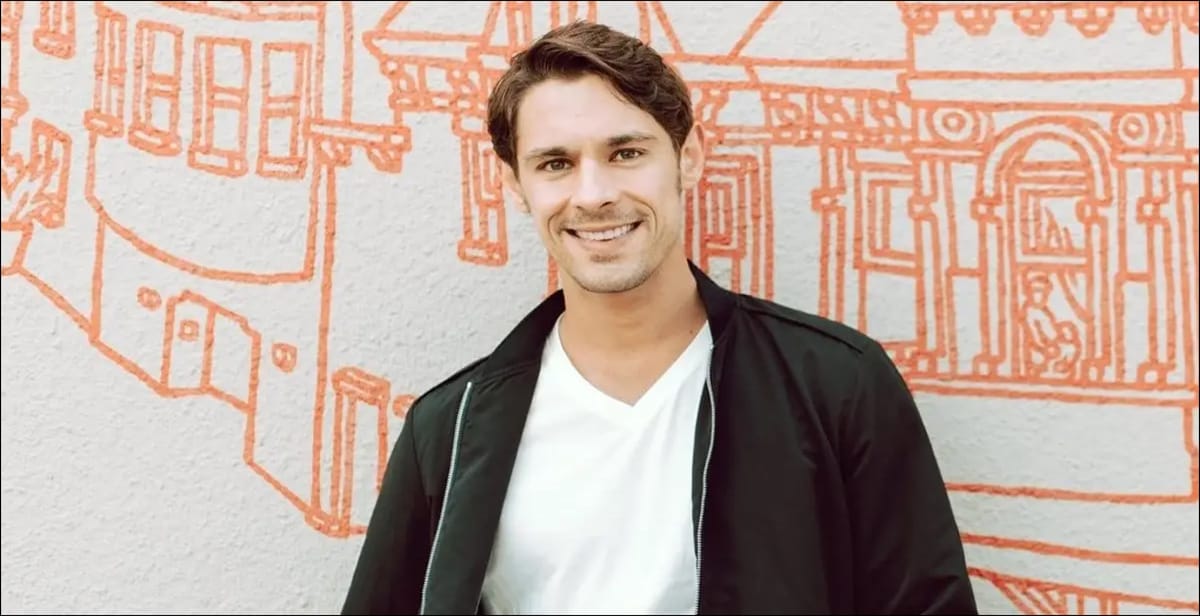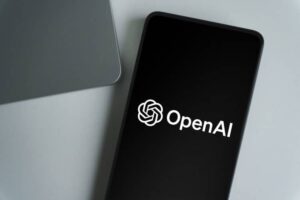Post-Training Head Liam Fedus Leaves OpenAI to Start AI-Driven Materials Science Company

Liam Fedus Leaves OpenAI to Pursue New Venture in AI-Powered Materials Science
OpenAI is experiencing a leadership shake-up as Liam Fedus, the company’s Vice President of Research for post-training, departs to start his own AI-driven materials science startup. His exit marks yet another significant transition within the organization, which has seen a number of senior researchers leave recently. OpenAI has confirmed its commitment to invest in and collaborate with Fedus’s new venture.
Background on Liam Fedus
- Career Trajectory: Fedus joined OpenAI in 2022 after a tenure at Google. His expertise led to a promotion to Vice President just last fall, amid a series of executive changes within the company.
- Focus Area: With a background in physics, Fedus is particularly interested in utilizing artificial intelligence for advancements in materials science—a field that OpenAI has identified as strategically significant.
Key Points
- OpenAI’s Investment: The firm has indicated it will not only invest in Fedus’s new company but will also explore partnership possibilities.
- Competitive Landscape: The startup will enter a competitive arena where giants like Google DeepMind and Microsoft are already creating solutions for materials discovery. For example, DeepMind recently introduced GNoME, an AI system designed to identify new crystals, while Microsoft has rolled out tools such as MatterGen and MatterSim specifically for this area.
Liam Fedus’s Vision
In a statement shared on social media platform X, Fedus expressed his enthusiasm for applying his physics knowledge in this new venture. He aims to leverage AI’s capabilities to accelerate the process of scientific discovery, particularly in discovering new materials. His work is an extension of the growing interest in AI’s potential to revolutionize how material properties are understood and new compounds are predicted.
OpenAI’s Response
While Fedus’s departure raises questions about talent loss at OpenAI, the company’s willingness to invest in and maintain a partnership with Fedus suggests a strategic approach to talent management. Fedus emphasized that AI for science is a priority for OpenAI, and collaborative efforts may continue in the future despite his change of roles.
Current Trends in AI and Materials Science
The development of AI technologies in materials research is gathering momentum. Machine learning applications in this domain are expected to significantly minimize the time and resources traditionally required for materials development. The ongoing partnerships with OpenAI suggest recognition of AI’s transformative potential in fields like materials science, which could lead to groundbreaking advancements.
Industry Challenges
As talent continues to migrate from OpenAI to other enterprises, there’s an increasing focus on the competitive nature of the AI landscape. Reports indicate that investor Josh Kushner recently addressed the potential financial implications of employee departures, underscoring the fierce competition for skilled professionals in advanced AI sectors.
The departure of Liam Fedus adds to the dynamic environment in which OpenAI operates, emphasizing the urgency of fostering innovation while navigating the challenges of retaining top talent. With Fedus’s insights and OpenAI’s backing, there’s potential for exciting developments in the intersection of AI and materials science moving forward.






